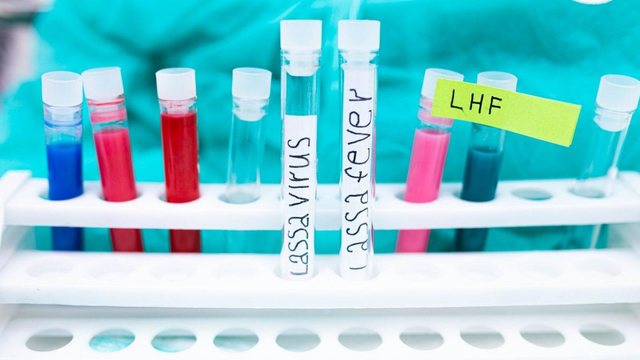
Two people have been diagnosed with Lassa fever in England and another possible case is under investigation, according to the UK Health Insurance Agency (UKHSA). The cases are within the same family and are related to recent trips to West Africa. They are the first cases identified in the UK since 2009. One case has been cured, while the other will receive specialist care at the Royal Free London NHS Foundation Trust.
But what is Lassa Fever?
Lassa fever is a viral disease caused by the Lassa virus, which occurs mainly in West African countries, including Nigeria, Sierra Leone, Mali, Liberia and Guinea. It is transmitted to humans mainly through food or household items contaminated by the urine and feces of infected mice.
The most common symptoms include the gradual onset of fever and general weakness, according to the World Health Organization (WHO), and this can progress to headaches, vomiting, and diarrhea. Various degrees of deafness also occur in 25 percent of cured patients, although for half of this group, hearing returns after 1-3 months.
In the most severe cases, swelling of the face, fluid in the lungs, bleeding from the mouth, nose, vagina or gastrointestinal tract, and low blood pressure may appear as symptoms, according to the WHO.

Is Lassa fever a cause for concern?
"Cases of Lassa fever are rare in the UK and it does not spread easily among people. The overall risk to the public is very low," said Dr Susan Hopkins, Chief Medical Advisor at UKHSA.
In 2019, European Union / European Economic Area countries reported only two cases.
The virus can be spread among humans, but only through body fluids. Prior to these recent cases there were only eight cases of Lassa fever imported into the UK since 1980.
However, where there are infections, there can be serious consequences. About 1 percent of cases are fatal, with death occurring within 14 days. Lassa fever is particularly severe in late pregnancy, with maternal death and / or fetal loss occurring in more than 80 percent of cases during the third trimester. However, 80 percent of those infected have no symptoms.
Because the symptoms of Lassa fever are so diverse and non-specific, clinical diagnosis is often difficult, especially early in the course of the disease. And there is currently no vaccine against it.
Although it may not be a cause for concern in Europe, it remains endemic in West Africa and there are 100,000 to 300,000 cases of Lassa fever diagnosed each year.






